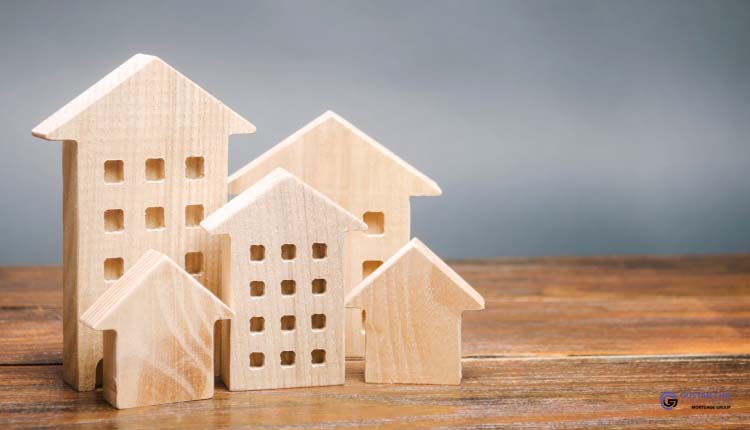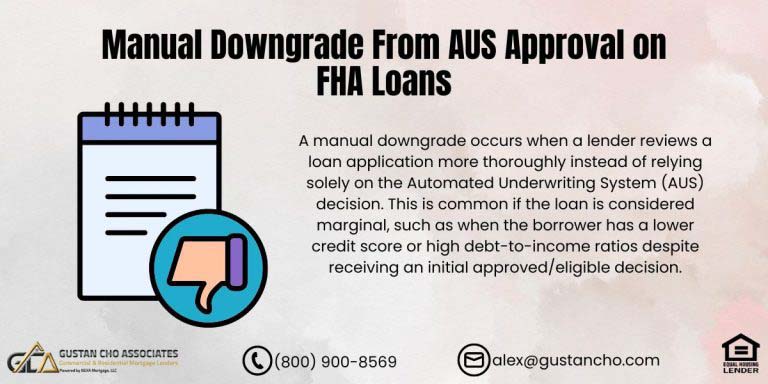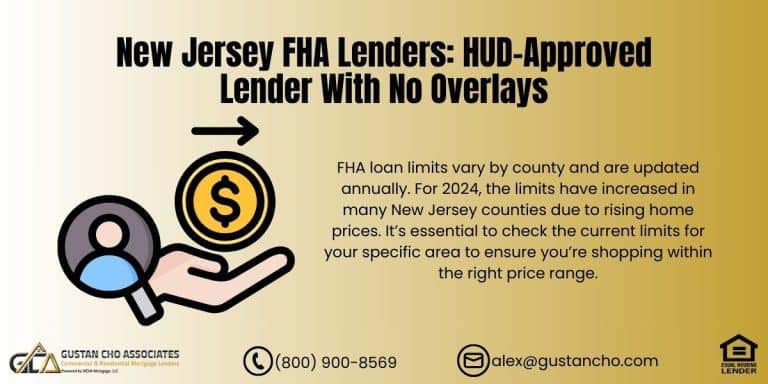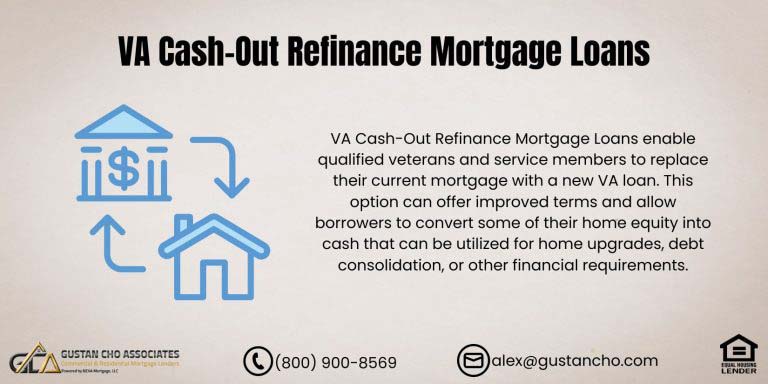In this blog, we will cover and discuss how to shop for a mortgage in today’s housing market. Just over a year ago, mortgage rates were at under 3.0% on a 30-year fixed-rate mortgage. Today, mortgage rates have spiked to over 6.0% and signs indicate rates are going higher. Inflation numbers are nearing 9.0% which is at a 40-year high. The entire mortgage industry is in turmoil with tens of thousands in layoffs, mortgage companies shutting down, and production volume at dangerous levels. The bull market for mortgage industry professionals has not just come to an abrupt stop but many are being threatened with company shutdowns, permanent layoffs, and unheard-of drop in wages and revenues. Besides the mortgage industry, many other industries are hurting due to the uncertain economy.
What Is The Cheapest Month To Buy a House?
The cost to buy a home has skyrocketed to record levels. Not only rate the highest in over 20 years, but many homebuyers need to pay discount points due to market pricing. Homebuyers are looking for every possible way to cut costs and fees in obtaining a mortgage. One of the frequently asked questions by homebuyers is what is the cheapest month to buy a house. In general, home prices are lowest in January. Home prices normally start dropping in early December into January.
Is 2024 Best time to Buy a House?
Despite the uncertain state of the U.S. economy today, many homebuyers do not want to get priced out of the housing market. Many saw home prices skyrocket right before their eyes over the past couple. In general, the Fall time is the best time of the season to buy a home due to the start of the new school year. Many homebuyers are panicking to buy a house in 2024 due to the skyrocketing prices of homes. Despite the unstable and uncertain economy, the demand for homes is stronger than ever.
Not Sure Where to Start With Lenders and Rates?
Let Gustan Cho Associates walk you through FHA versus conforming loan limits on home purchase and design the best path for your budget
Will House Prices Drop Soon?
There is not a day that goes by that we do not get asked will house prices drop soon? Everyone, including the so called experts have been predicting a housing market correction since 2019. That is three long years ago. The right hand rule of common sense is what goes up will come down, right? Now experts and economists are saying it is not very likely for home prices to be coming down any significant amount in the near and distant future throughout the nation.
How To Shop For A Mortgage In Today’s Housing Market With Surging High Rates
Surging rates is expected to go higher before it slows down and makes a correction in pricing. The stock market cannot make it’s up on which direction to go. The Federal Reserve Board recently increased rates by 0.75% and is expected to increase rates in the near future. Gas prices have soared to over $5.00 per gallon nationally and in many parts of California, gas prices are north of $8.00 per gallon. Despite the doom and gloom, the housing market still remains strong. There are an imbalance of more buyers than home inventory throughout the United States. In the following paragraphs, we will be going over how to shop for a mortgage in today’s housing market.
Step-by-Step Guide How To Shop For a Mortgage In Today’s Housing Market
Due to the various options available, shopping for a mortgage in today’s housing market requires careful consideration and research. Here’s a step-by-step guide to help you navigate the process:
Assess Your Financial Situation How To Shop For a Mortgage In Today’s Housing Market
Evaluate your financial status before shopping for a mortgage. Make a monthly mortgage payment, considering your income, expenses, debts, and credit score. Credit scores determine the interest rate you’ll receive on your mortgage. Please obtain a credit report (Equifax, Experian, and TransUnion) and review it for errors.
Research Mortgage Options
Familiarize yourself with the types of mortgages available, such as fixed-rate mortgages, adjustable-rate mortgages (ARMs), FHA loans, VA loans, and USDA loans. Understand the pros and cons of each type to determine which best suits your needs and financial situation. Rates vary based on your credit score, down payment amount, and loan term. Consider obtaining quotes from multiple lenders to ensure you get the best rate possible. In addition to interest rates, pay attention to loan terms such as the loan duration (e.g., 15 years vs. 30 years) and whether the interest rate is fixed or adjustable.
Calculate Total Cost How To Shop For a Mortgage In Today’s Housing Market
When comparing mortgage offers, consider not only the interest rate but also other fees and costs associated with closing costs, points, and private mortgage insurance (PMI). Calculate the total cost of each loan option to determine the most affordable option.
Review Lender Reputation How To Shop For a Mortgage In Today’s Housing Market
Research the reputation and reliability of potential lenders. Read online reviews and ask for recommendations from friends and family to ensure you work with a reputable lender.
Get Pre-Approved
Once you’ve chosen a lender and mortgage option, consider getting pre-approved for a mortgage. Financial situation to the lender. A pre-approval letter can strengthen your offer when making an offer on a home.
Stay Within Your Budget
While it can be tempting to stretch your budget to buy a more expensive home, stick to a mortgage amount you can comfortably afford. Remember to account for other homeownership costs like property taxes, homeowners insurance, and maintenance expenses.
Be Prepared to Negotiate
Don’t hesitate to negotiate with lenders to secure better terms or rates. Be willing to walk away if you’re not satisfied with the offers you receive. By following these steps and conducting thorough research, you can shop for a mortgage effectively in today’s housing market and find a loan that meets your needs and financial goals.
Don’t Let High Rates and Headlines Scare You Off
Learn how to shop lenders, lock at the right time, and structure your loan to win
Will Housing Prices Go Down in 2024?
If you have been following the news, you know the housing market is in some turmoil. Many home buyers feel there is one last push before the federal reserve really cools off the housing market. Due to recent rate hikes, lenders are competing for your business more than ever. In this blog, we will discuss the proper way to compare lenders when shopping for a home loan. Unfortunately, many lenders use deceptive practices in order to earn your business. We will try to give you the most straightforward approach to make sure you are saving you and your family the most amount of money. The Gustan Cho Associates do all we can to make sure we can offer the most competitive mortgage products available!
What To Do In The Year Leading Up To Buying a House?
Getting a mortgage is a stressful time. Shopping for a mortgage can add even more stress to the process. It is important to select a mortgage team that can confidently get your loan to the finish line, but equally as important to make sure you are getting a fair deal. Since the market is so competitive, we have simplified our process to help you get the best deal possible. Mortgage lending is similar to filling your vehicle with gasoline. The price of gas may be a few pennies cheaper across the street, but you usually will not see a large difference in gas prices on the same block.
How Should I Shop For The Best Mortgage Rates In Today’s Housing Market?
Is shopping for the best rates the smartest way how to shop for a mortgage in today’s housing market? Mortgage lending is the same way. You may find a lender that is a couple of dollars cheaper but rarely will you find a loan that is dramatically cheaper. A lender may offer a slightly lower rate BUT charge you higher fees. We are here to train you to understand the ins and outs of comparing lenders. If a lender is charging too high of a rate, or too excessive of fees, they will not be in business for long. The same is true if the rates and fees are too low. So, the mortgage market does require competition (as well as state and federal regulation).
Compare APR When Shopping For A Mortgage In Today’s Housing Market
The best way how to shop for a mortgage in today’s housing market is to consider many things. There are many things you want to consider besides just interest rates. Depending on your qualifications, you may not qualify for a loan at a large mortgage bank. Many large banks and lending institutions have lender overlays on their mortgage programs. A lender overlay is an additional qualification, above and beyond the agency guideline, which a bank put in place to minimize risk. One of the most common overlays in the mortgage industry is the minimum credit score requirement.
What Is The Minimum Credit Score Do I Need To Get A Mortgage?
Many large banks and lenders will tell you to need a 620 credit score for FHA mortgage lending. This is definitely an overlay because FHA allows credit scores all the way down to 500 (with a 10% down payment). Per the guidelines set forth by the U.S. Department of Housing and Urban Development (HUD), an FHA loan only requires a 580 credit score to have the low 3.5% down payment option. But if you walk into your large bank, they are going to tell you to need a 620 or even a 640 in some cases to qualify (with them). Gustan Cho Associates is a no overlay mortgage lender, so we only require a 580 or greater score to put down 3.5%. And if your score happens to be below 580, you may still qualify for an FHA loan with our team.
How To Get A VA Loan With Low Credit Scores
Many veterans run into overlays and become discouraged about buying a house. VA lending can be incredibly confusing with a lot of misleading information on the internet. A VA loan does not have a minimum credit score requirement. So we encourage you to reach out to Gustan Cho Associates about a no overlay VA mortgage loan. Once you find a lender who can approve your qualifications, you then need to make sure you are getting a good deal.
What Does a Loan Estimate Tell You?
When shopping for a home, a lender will send you a legal document called a loan estimate. This three-page document will go over the nuts and bolts of your mortgage loan. Some key pieces of information on the loan estimate are:
- Your name and address
- Loan terms such as product type and loan type
- Confirmation if your interest rate is locked, loan amount
- Clarification if you have a fixed interest rate or an adjustable-rate
- Information on prepayment penalties or balloon payments
- A breakdown of your total monthly payment including taxes, insurance, and any association dues
- I will also give you an estimate of total cash to bring to the closing table
First-Time Buyer in Today’s Tough Market?
We’ll show you how to compare lenders and strengthen your offer at the same time
How To Shop For Mortgage For Best Rates and Terms With The Loan Estimate
The second page of the document is the most important page when comparing lenders. A will go over all lender fees. This is where you can compare your quotes apples to apples. A lender does not have control over the rest of the items on the loan estimate. So letter “A” will go over origination costs, lender fees, and discount points if any (lender fees). Letter “B” will go over services you cannot shop for such as appraisal costs, credit reporting fees, flood documents, and other tax verifications.
What Items Appear on The Loan Estimate?
How to shop for a mortgage in today’s housing market is to make sure you understand all sections of the loan estimate. A home is most people’s largest investment in their lifetime. Letter “C” on the loan estimate will go over the cost of title fees. In most purchase transactions, the seller will pick the title company, so you do not have control over this cost. If you are completing a refinance transaction, you absolutely have the right to shop for any title company you feel comfortable with. Letter “D” on a loan estimate will simply total all costs between “A” and “C”.
What Is The Next Step After The Loan Estimate?
Letter “E” will go over taxes and government fees such as transfer taxes. Letter “F” is your prepaid items such as daily per diem interest, homeowners’ insurance paid in advance, and any property taxes you are responsible for before closing. Letter “G” will start your escrow account. This will impound your property taxes and homeowners’ insurance due in the future. Each month, a portion of your monthly mortgage payment will fill this account. At the beginning of a mortgage loan, you must put enough money in the account to be up to date when the property tax and insurance bills are due next. Letter “H” goes over other costs that may be involved in the transaction such as an owner’s title policy.
How Much Are Closing Costs When Buying a House?
How to shop for a mortgage in today’s housing market is to make sure to know how much you need for the down payment and closing costs. Letters “I” and “J” simply total up all of the closing costs. While this document is confusing, it is a great replacement for the old good faith estimate. This document is designed to help you easily understand the mortgage terms, as well as compare lenders, head to head. For more information on how to read a loan estimate, please see this line (http://www.consumerfinance.gov/owning-a-home/loan-estimate/). The third page of the loan estimate does have important information such as the lender and loan officer licensing information.
What Is The APR Versus The Rate Quoted By Mortgage Lenders?
Due to the amount of fraud in the financial industries, please make sure these numbers line up with other documents sent from your loan team. There are direct comparisons of where your loan will be in five years, APR (Annual Percentage Rate), and TIP (Total Interest Percentage). There are other considerations depending on the loan programs such as late payment and fees that will be assessed. This is all broken down on the third page before you (electronically) sign the loan estimate.
How To Shop For a Mortgage In Today’s Housing Market With The Best Lenders and Rates
In 2024, it goes without saying, but you will want to make sure you read reviews on your mortgage lender. Gustan Cho Associates strive to make the mortgage process as easy as possible for our clients. Not every mortgage loan is going to be smooth sailing, especially if there are difficult qualifications to address. But our team is highly trained in unique scenarios. We are available seven days a week to help you with your mortgage needs.
How To Shop For A Mortgage In Today’s Housing Market With Low Rates and No Discount Points
Our main focus has been on growing the states we offer our no overlay platform in. We will soon be licensed in 48 states so we can help more borrowers across the nation. We would love to put a second set of eyes on your qualifications or get you a highly competitive rate quote and earn your business. Even with all the news about the housing market, buying a home is a great tool to combat inflation. For more clarification on reading a loan estimate or any other mortgage-related question, please call Mike Gracz on (800) 900-8569. You may also send an email to alrx@gustancho.com. We look forward to helping you refinance your current home or buy your next property!
This guide on how to shop for a mortgage in today’s housing market was written and published by Mike Gracz of Gustan Cho Associates.
Turn a Confusing Market Into a Clear Plan
Let Gustan Cho Associates guide you on how to shop for a mortgage in today’s housing market and get to clear-to-close with confidence









